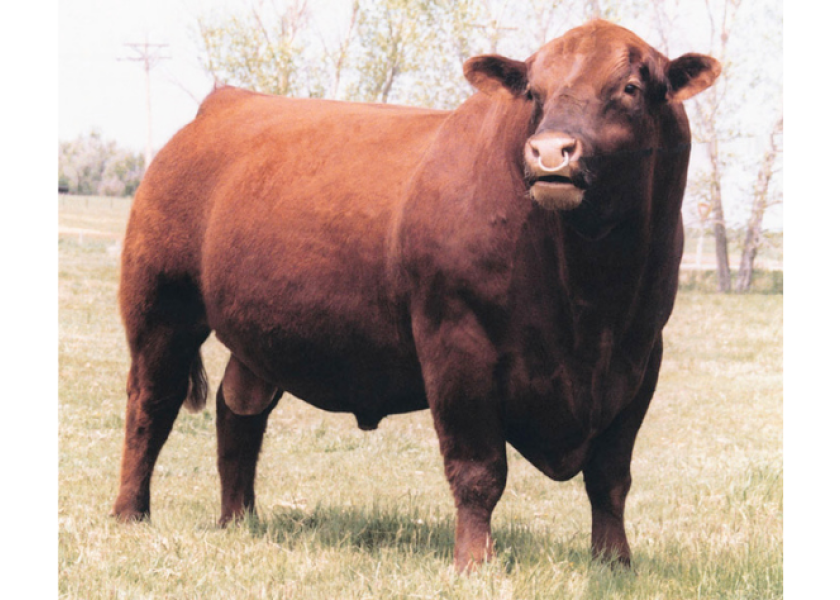Keep the Long-Term in Mind with Every Genetic Decision

There are many difficult decisions to be made in the seedstock business. Tradeoffs between short- and long-term rewards often require careful evaluation. For example, suppose a breeder is considering buying 50 units of semen from one of two bulls for the 2022 breeding season. The bull he likes most is priced at $40 per unit, for a total semen cost of $2,000, while the second, slightly less desirable bull, sells for $25 ($1,250 for 50 units). Does the breeder choose to save $750 now, or spend the money as an investment in his herd for the long term?
Here's another scenario almost any breeder can relate to: A new walking herd sire is needed and a budget for this purchase must be established. Does this producer S-T-R-E-T-C-H and spend $15,000 (or even more) on that new bull, or stay more conservative, and stick to around $8,000 to $10,000? If it takes more money to buy better genetics (and it usually does,) then a short-term/long-term decision must be made. Spend less now and make less genetic progress over time. Or dive in and commit to the additional investment, sacrificing in the short term to instead build the herd for future years.
These are not easy decisions, and they must be made carefully by individual breeders with all relevant factors considered. No one knows your operation better than you. A related point of importance is that the beef seedstock business is long-term by its very nature. Breeders that sacrifice short-term gains to benefit long-term success are often those (no surprise) who wind up having more long-term success.
Furthermore, genetics are cumulative, with long-lasting impacts in both positive and negative ways. The stronger the cowherd, genetically speaking, the greater the payback for many years to come. Conversely, the weaker the cowherd, the smaller the reward, also for years to come.
What this means in practical terms is that breeders should always emphasize long-term genetic improvement to the best of their ability. The beef seedstock business is all about genetics. Therefore, better genetics must be defined, identified and relentlessly pursued in each individual operation over a period of years and even decades.
The “long term” has a sneaky way of arriving at our doorstep sooner than most of us expect. Time just keeps moving ahead, which is why the seedstock breeder who emphasizes tomorrow, often at the expense of today, is positioning their operation for a lot of bright tomorrows.
A final point worth noting is that most of these principles apply equally well to commercial cow-calf producers. Good genetics cost more when you buy them, but the payback is higher long-term returns that can last a lifetime. Poor genetics cost less up front, but they continue to drain away profits for years to come.







